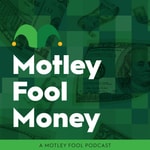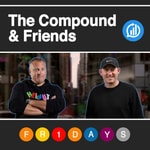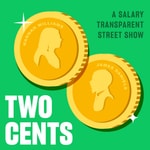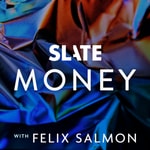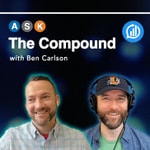Decoder Ring – Détails, épisodes et analyse
Détails du podcast
Informations techniques et générales issues du flux RSS du podcast.
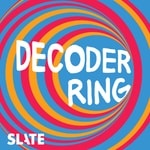

Classements récents
Dernières positions dans les classements Apple Podcasts et Spotify.
Apple Podcasts
🇨🇦 Canada - documentary
09/08/2025#21🇬🇧 Grande Bretagne - documentary
09/08/2025#49🇩🇪 Allemagne - documentary
09/08/2025#60🇺🇸 États-Unis - documentary
09/08/2025#27🇨🇦 Canada - documentary
08/08/2025#22🇬🇧 Grande Bretagne - documentary
08/08/2025#46🇩🇪 Allemagne - documentary
08/08/2025#92🇺🇸 États-Unis - documentary
08/08/2025#27🇫🇷 France - documentary
08/08/2025#79🇨🇦 Canada - documentary
07/08/2025#19
Spotify
Aucun classement récent disponible
Liens partagés entre épisodes et podcasts
Liens présents dans les descriptions d'épisodes et autres podcasts les utilisant également.
See all- https://public.com/disclosures/bond-account
535 partages
- https://slate.trib.al/ucMyTst
7 partages
- http://y2u.be/D8cLqWAffJ8
3 partages
Qualité et score du flux RSS
Évaluation technique de la qualité et de la structure du flux RSS.
See allScore global : 59%
Historique des publications
Répartition mensuelle des publications d'épisodes au fil des années.
Chuck E. Cheese Pizza War (Encore)
mercredi 28 août 2024 • Durée 51:12
The Hysteria Over Mass Hysteria
mercredi 14 août 2024 • Durée 39:42
Making Real Music for a Fake Band
mercredi 24 avril 2024 • Durée 41:45
The Paper Doll Club
lundi 27 août 2018 • Durée 39:04
The Basement Affair
lundi 30 juillet 2018 • Durée 43:47
Clown Panic
lundi 25 juin 2018 • Durée 38:16
The Johnlock Conspiracy
lundi 4 juin 2018 • Durée 52:32
The Laff Box
lundi 30 avril 2018 • Durée 32:57
Can the “Bookazine” Save Magazines?
mercredi 10 avril 2024 • Durée 37:05
Andrew Wyeth's Secret Nudes (Encore)
mercredi 27 mars 2024 • Durée 54:16

